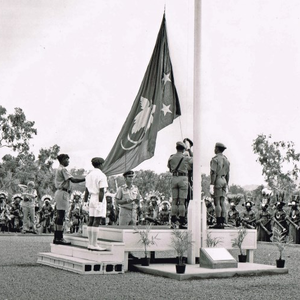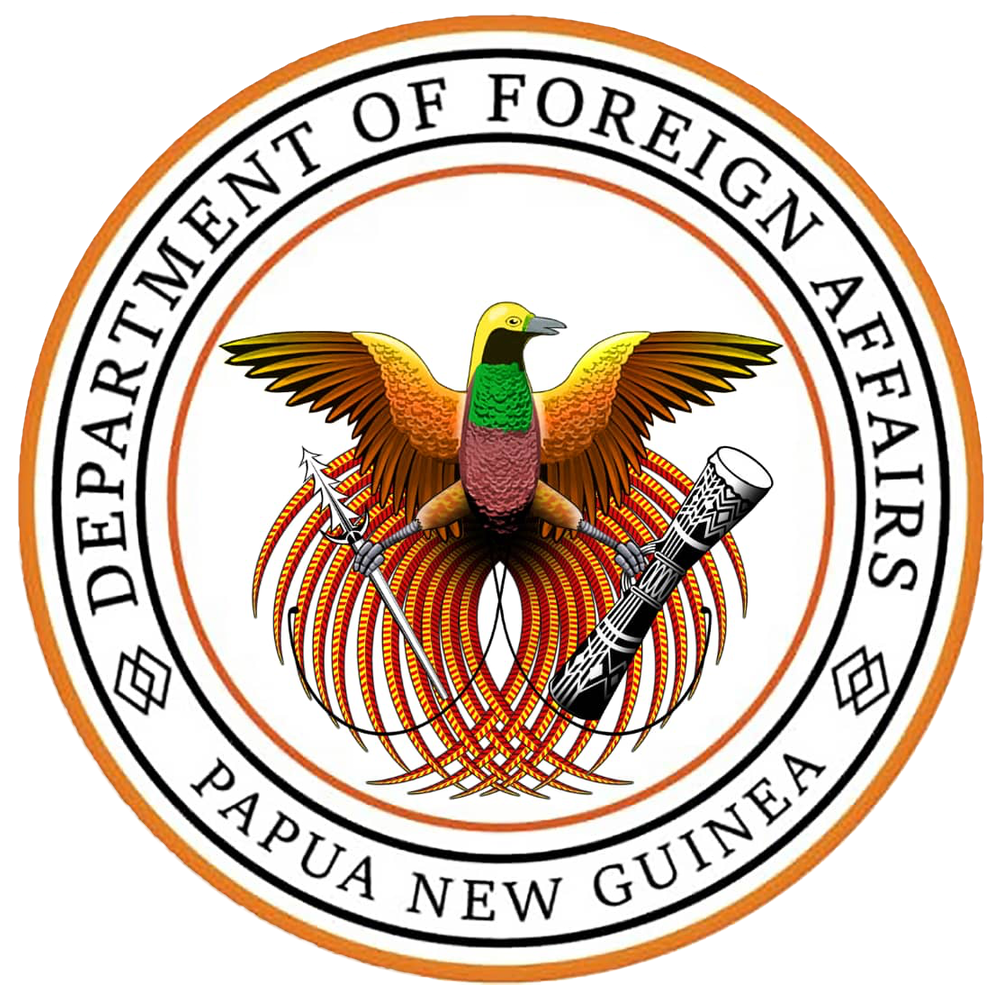About PNG: Political Process
The political process in Papua New Guinea (PNG) is characterized by a vibrant democratic system that has evolved since the country gained independence from Australia in 1975. The political landscape is shaped by a constitutional framework, regular elections, and a diverse range of political parties and leaders.
The Constitution of Papua New Guinea, adopted at independence, serves as the supreme law of the land. It outlines the structure of government, the separation of powers, and the fundamental rights and freedoms of citizens. The constitutional framework establishes a parliamentary democracy, with the National Parliament as the highest legislative body.
The National Parliament of Papua New Guinea is a unicameral legislature consisting of Members of Parliament (MPs) elected by the people. The Parliament is responsible for making laws, approving the national budget, and overseeing the executive branch of government. General elections are held every five years, allowing citizens to elect their representatives to the National Parliament.
The Prime Minister, the head of government, is appointed by the Governor-General, who is the ceremonial head of state. The Prime Minister is typically the leader of the political party or coalition with the majority of seats in the Parliament. The executive government is formed by the Prime Minister and the Cabinet, which is composed of ministers appointed from among the members of Parliament.
Political parties play a crucial role in the political process of PNG. The multi-party system reflects the diversity of the country, with numerous parties representing different regions, interests, and ideologies. Coalitions are common, and political alliances may shift before or after elections, contributing to the dynamic nature of the political landscape.
The electoral system in PNG is based on Limited Preferential Voting (LPV), where voters rank their preferred candidates. This system aims to promote consensus candidates and reduce the potential for divisive politics. However, the complexity of the LPV system has led to occasional controversies and legal challenges.
Traditional and cultural factors also influence the political process in PNG, particularly in rural areas. Customary leadership structures, such as the role of chiefs and community leaders, may intersect with the formal political system. This interplay between traditional and modern governance is a unique aspect of PNG's political landscape.
Civil society organizations, the media, and the public play essential roles in holding the government accountable and advocating for good governance. Debates and discussions on political reforms, constitutional amendments, and electoral practices contribute to shaping the political process and fostering a healthy democracy in Papua New Guinea.
Papua New Guinea's major foreign policy concerns involve managing ties with Australia, the rest of the Pacific Islands region, and the country's Asian neighbours

